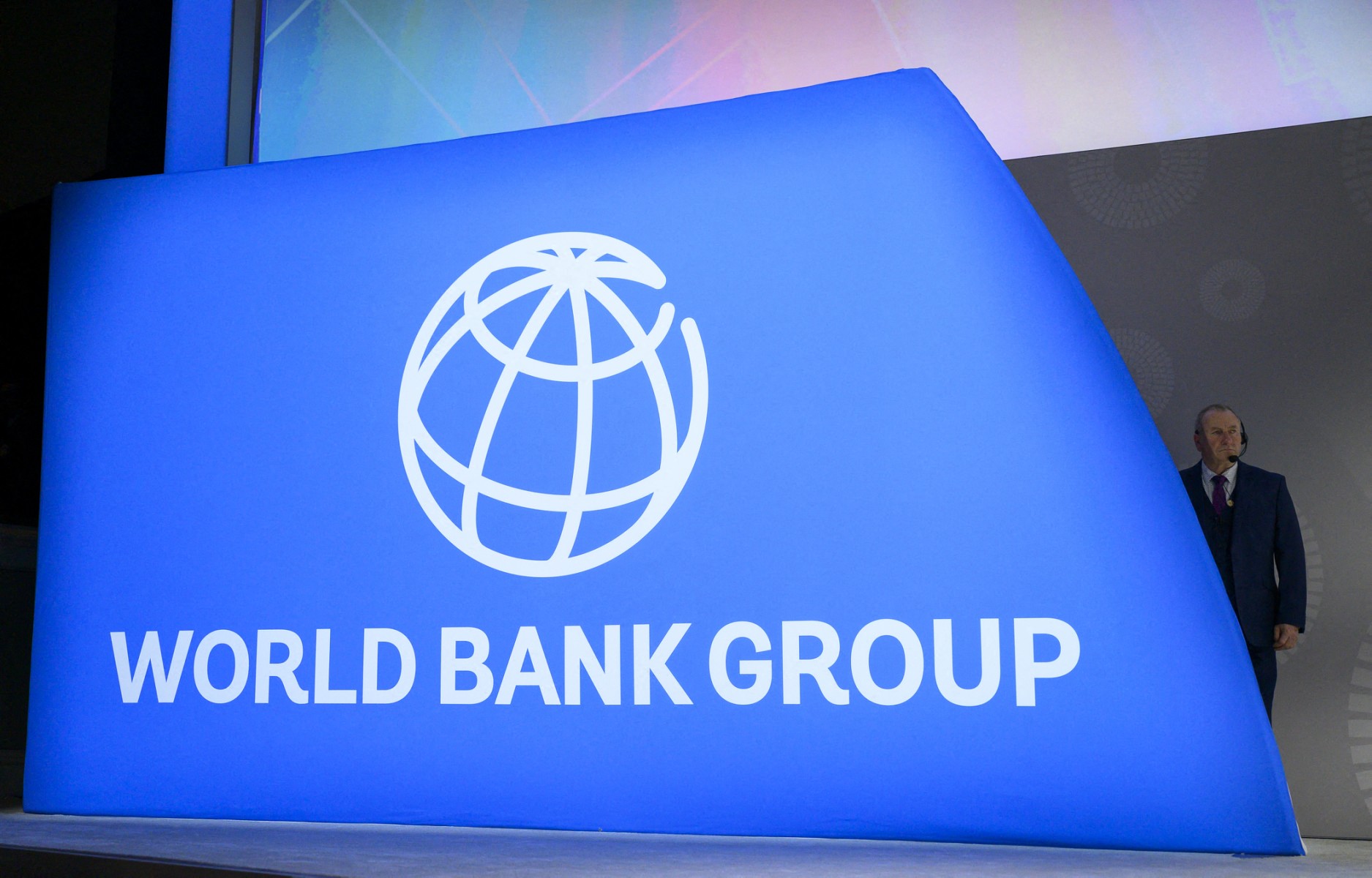Dubai, UAE – The World Bank is likely to increase climate financing for the Middle East and North Africa (MENA) region to $10 billion by 2025, said Meskerem Brhane, the bank’s Regional Director for Sustainable Development, MENA.
Brhane said, “In the last three years, from 2021 to 2023 alone, the World Bank has provided US$6.3 billion in climate financing for MENA.”
She added that the funding supports both reducing net emissions and resilience projects, helping countries prepare for and respond to future natural disasters.
“Last year, we provided $800 million in climate-related financing to Morocco, Jordan and Lebanon,” she remarked.
Brhane said the World Bank integrated climate into all its work across the MENA region and is on track to align 100 percent of new operations with the goals of the Paris Agreement.
She noted that the World Bank’s MENA Climate Change Roadmap, which runs from 2021-2025, focuses on four key areas: food systems, water security, energy transition, and sustainable finance.
Regarding the UAE’s hosting of COP28, she said, “By hosting this event, the UAE signals its leadership in climate change, its ability to work with other countries to tackle global issues and its own ambition in this space.”
The official added that the GCC countries can lead the global dialogue on energy transition and renewable energy deployment by further aligning their growth pathways with global climate action and decarbonization trends.
She noted, “The GCC is already ahead in developing green and blue hydrogen projects.”
Brhane said that by embracing green growth strategies, the region’s GDP could potentially grow to over $13 trillion by 2050.
She noted private sector investment is crucial for the success of climate initiatives in GCC countries, and significant investments is needed to transform resource consumption, energy production, manufacturing processes, and other economic systems to achieve climate objectives.
She mentioned that the World Bank published the Country Climate and Development Reports for MENA countries to identify the most serious climate risks for a country and its potential impact on the country’s development.
It also helps prioritize the most impactful actions to reduce greenhouse gas emissions and boost adaptation and resilience.
The ultimate goal is to help countries deliver on broader development goals in the face of climate change risk, she concluded.








